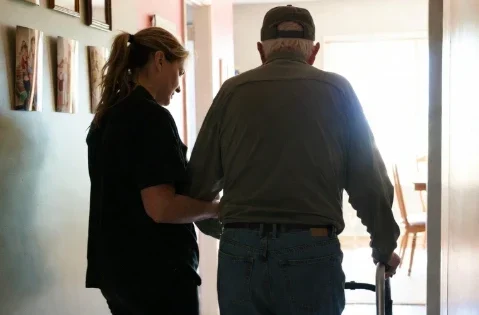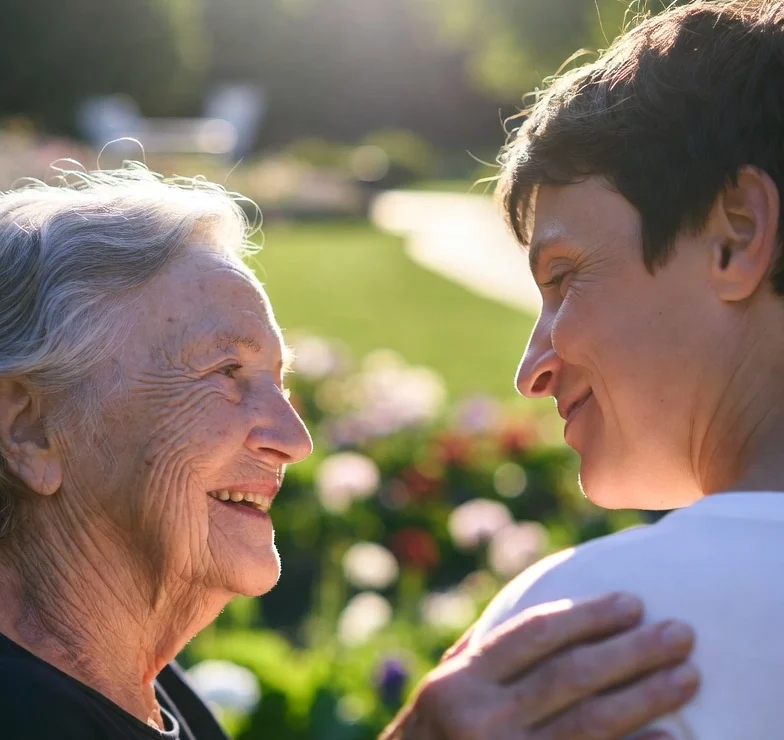With the aging baby boomer generation, the number of older adult drivers is increasing at a rapid pace. By age 75, the risk of fatal car crashes increases and continues to rise with each year that passes. Over 500 older adults are injured daily from car accidents. Unfortunately, recovery from an accident is more difficult within this population. We at Alliance have always known the importance of addressing and assessing the driving capabilities of the older adult population. The subject is, thankfully, gaining traction outside of healthcare. Cyndi Hutchin, Director of Financial Gerontology at Merrill Lynch, recently published a paper titled “Older Adults and Driving Safety” where she explains the warning signs of declining driving abilities and also enumerates the benefits of having an open dialogue about driving with aging family members.
Changes that occur naturally with age are hindrances to driving. Here are some things to look for:
Eyesight Changes: As we age, people are subject to presbyopia (the inability to focus objects near us). Changes in the eye on a cellular level alter the ability to adapt to shifts in lighting. Older adults also become more sensitive to glare. This makes recognizing traffic lights and signs difficult.
Hearing Changes: The older adult loses hearing acuity over time. Sounds of high frequency (think horns and sirens) are hard to localize. Increasing the volume of speech and sound is usually not helpful.
Musculoskeletal Changes: As adults age, the time it takes the brain to innervate (activate) our muscles slows dramatically. The ability for an older adult to make a quick turn or slam on the brakes may be compromised.
Cognitive Changes: Attention span decreases with age. The mind begins to wander more quickly, even with simple tasks. A decreased processing speed slows reaction time even further. Driving is no simple task and older adults can be in a risky situation before they even realize it.
Just because we age, doesn’t mean we lose our right to independence. It means that we have new responsibilities to address, not ignore. Each case is individual, but for the health and safety of our communities, our loved ones and ourselves, it’s important to discuss driving concerns. Check out Driving Safety and the Older Adult Part 2 to learn how to get that conversation started.
If you or an older adult you know would like to discuss driving capabilities further, please contact Alliance at 1.877.687.7380 (NURSE80) or email at info@alliancehomecare.com.



